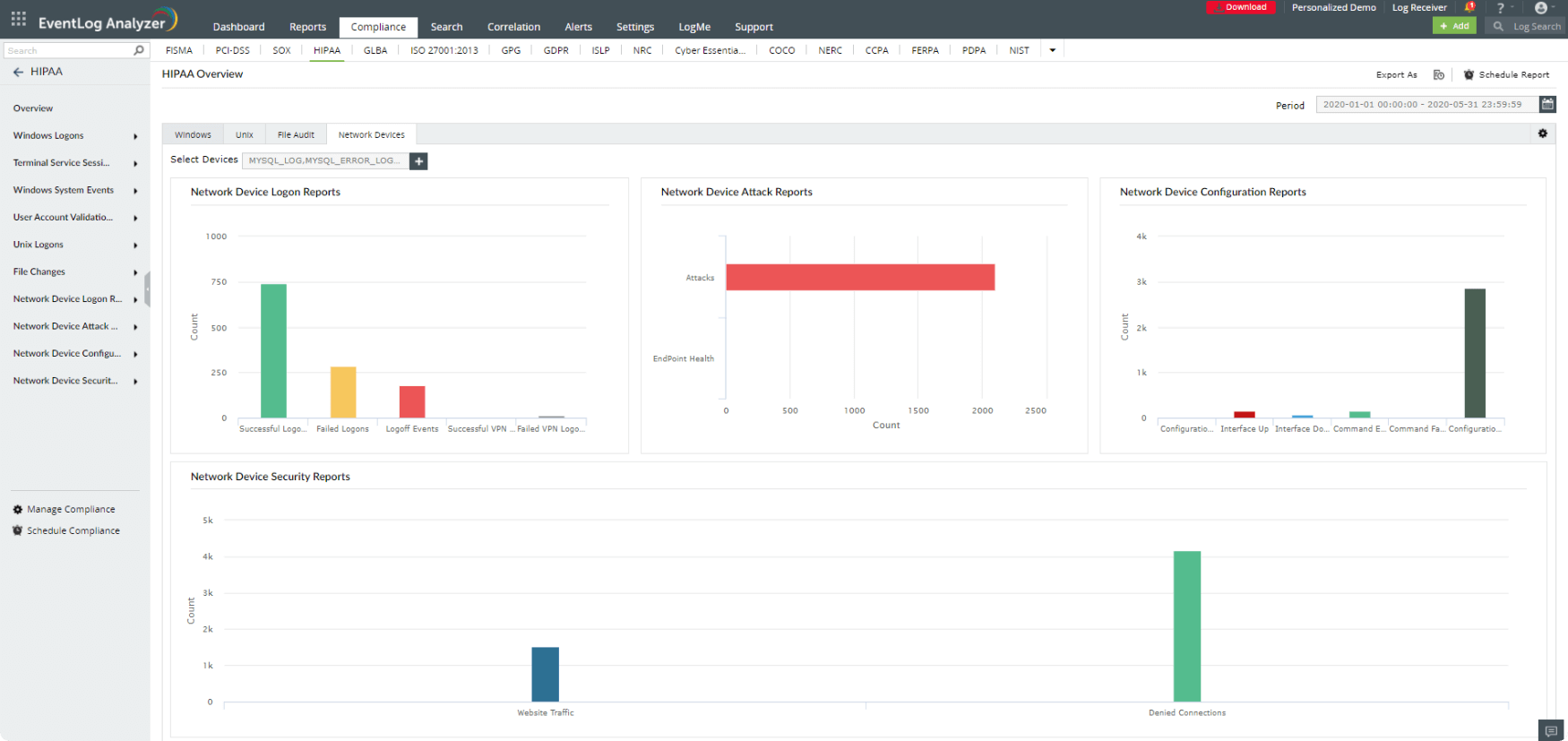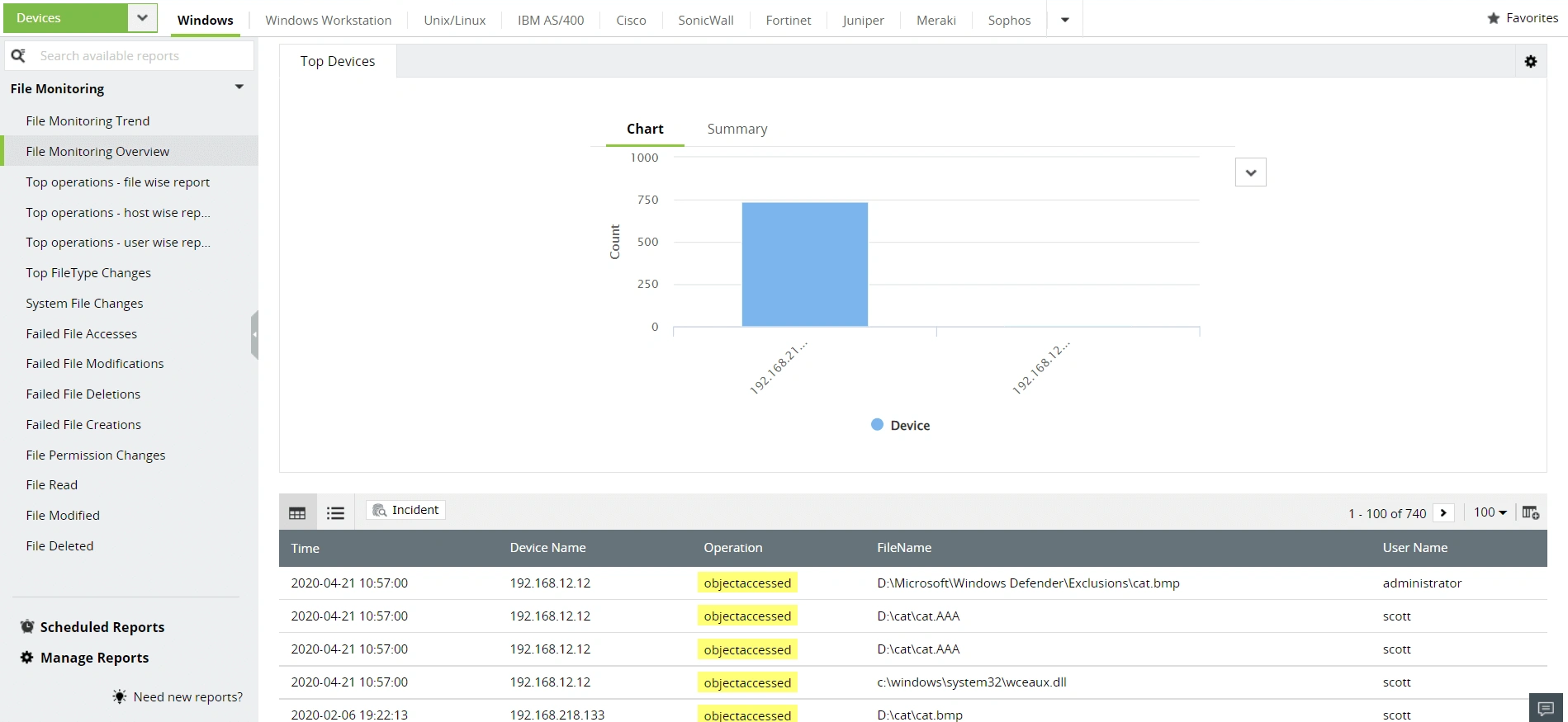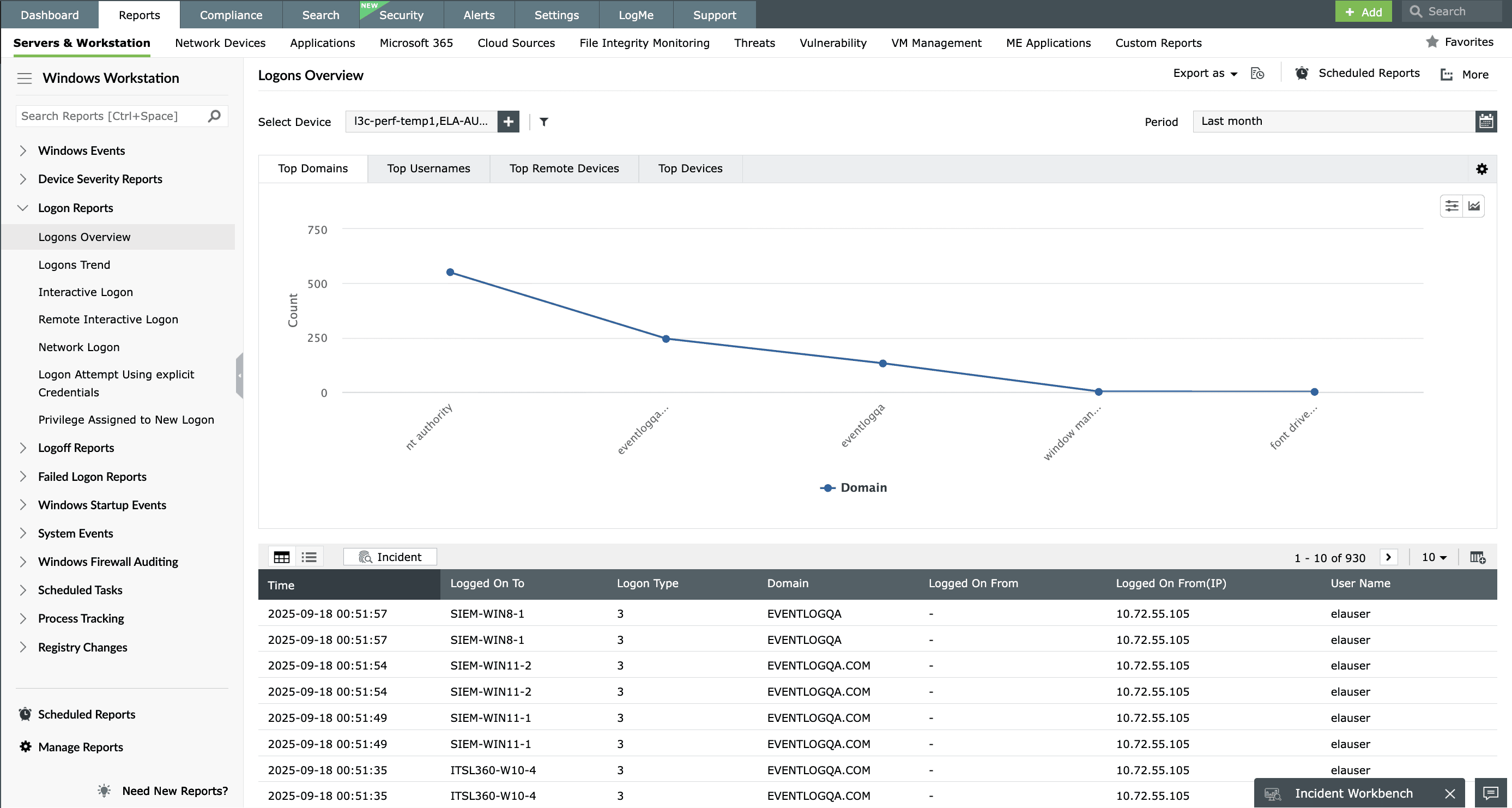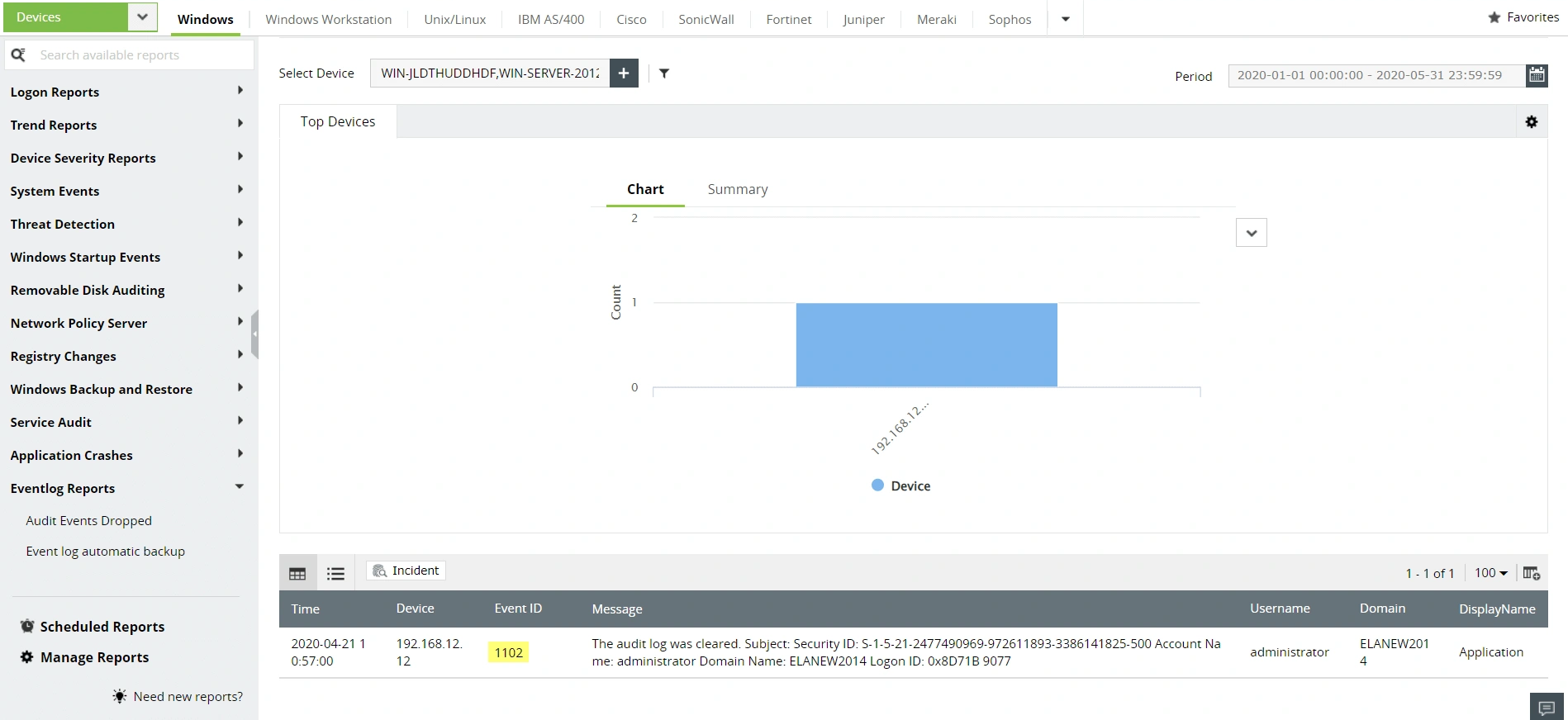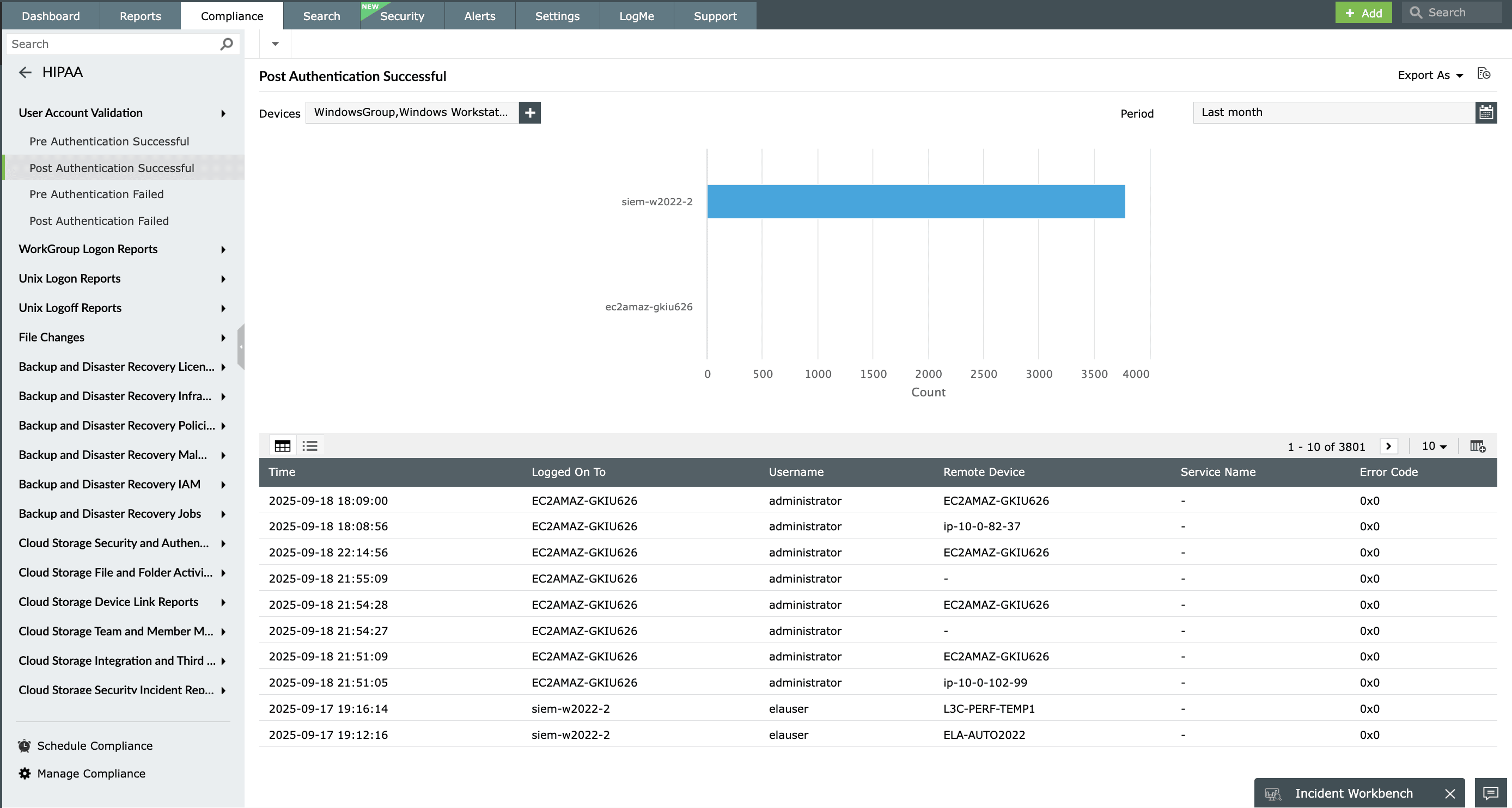The Health Insurance Portability and Accountability Act of 1996 (HIPAA) is a federal law designed to refine the movement and continuity of health insurance coverage in individual and group markets.
Title I of HIPAA compliance: HIPAA ensures health insurance coverage for employees and their families when there is a shift in or loss of jobs.
Title II of HIPAA compliance: Also known as the the Administrative Simplification (AS) provisions, this section encourages the electronic exchange of healthcare information. These provisions outline the standards and policies for protecting personally identifiable information maintained by healthcare bodies. They also require the establishment of standards for electronic healthcare transactions and national identifiers for providers, health insurance plans, and employers.
The Omnibus Rule: The Omnibus Rule defines privacy and security requirements for healthcare providers, health plans, and other entities that process health insurance claims. It encompasses requirements for business associates of these entities that hold access to protected health information.


